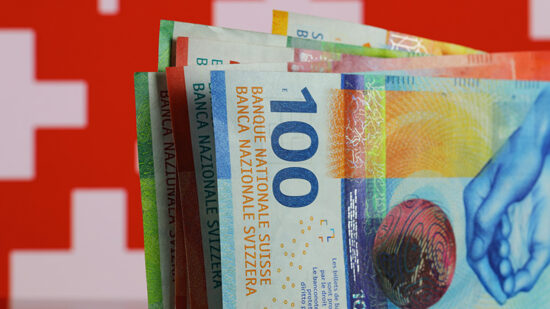While Provident Financial reported “good progress has been made” toward bringing the home credit business back from the brink, it expects the disruption caused from migrating onto a new operating model to result in a full year pre-exceptional loss of £115m.
The revised home credit loss exceeds the firm’s previous guidance of an £80m to £120m loss.
Shares in the doorstep lender sank by close to 6% to 865p minutes into trading, before stabilising around 880p. Like the soon to be defunct Carillion, Provident Financial’s shares have taken a beating over the past 12 months, weighed down by successive profit warnings. The firm has also been plagued by two ongoing FCA investigations and suffered a setback from the death of its executive chairman.
Its turbulent year has also foisted attention onto one of the UK’s biggest fund managers, Neil Woodford, who remains the largest investor in the business. As at 15 January 2018, Woodford owned 22.61% of the subprime lender, followed by Invesco Perpetual’s Mark Barnett, who owns 22.12%. Both Woodford and Barnett suffered redemptions from their equity income funds last year.
But it was Capita, another Woodford favourite, which was the biggest FTSE 250 loser on Tuesday morning, down 5.4% at 398p at the time of writing.
Despite this patch of bad news, Provident Financial said the recovery plan for its home credit arm has been “delivering a significant improvement in customer service and operational performance”.
The firm added 30,000 active home credit customers between September and December, bringing its total base to 530,000.
The percentage of doorstep debt collections also continued to rise during the second half of the year from 57% in August to 65% in September and 78% in December.
The subprime lender also revealed that its other divisions Vanquis Bank and Moneybarn have both “commenced dialogue with the Financial Conduct Authority with a view to reaching a resolution to their respective investigations”.
Its car and financing unit Moneybarn was the latest of its businesses to come under investigation by the UK financial watchdog in December for queries about its treatment of customers facing financial difficulties.
The regulator has also been examining its subsidiary Vanquis Bank regarding concerns over the fairness of its credit card repayment option plan (ROP) product, which generated gross revenues of £70m for the firm.
The firm confirmed it has not yet found a new group chief executive but said “we continue to make progress”.
JD Sports
Tuesday’s results revealed a much stronger picture at JD Sports Fashion, with the firm boosting its profit guidance on the back of a healthy Christmas sales period.
The retailer said that like-for-like sales across its sports and outdoors stores in the UK and Europe were maintained at 3% with additional sales growth coming from its online business and overseas expansion.
“We are now confident that our headline group profit before tax for the year ended 3 February 2018 will reach around £300m,” it revealed in a statement. Prior to its latest update, pre-tax profits were expected to fall within the £270m to £295m range.
On the back of the news, its shares were up above 6%, hitting a high of 398p in the early morning.
JD Sports Fashion will publish its preliminary results for the year on 17 April 2018.
Ashmore
Finally, specialist emerging markets asset manager Ashmore posted net inflows of $3.6bn across the second quarter, helping grow its assets under management (AUM) by $4.5bn.
By the end of 31 December 2017, AUM climbed to $69.5bn, up 7% between the first and second quarters.
The asset manager attributed the steady stream of demand from the EM boom, which took hold of investors last year, and produced “particularly strong new inflows” in the local currency theme.
Mark Coombs, CEO of Ashmore, said: “Emerging markets assets have delivered strong absolute and relative performance over the past two years leading to higher client flows into the group’s funds. Additionally, competitive currencies have been driving exports thus accelerating economic growth across emerging markets.
“The next phase of the cycle should see institutional flows stimulating domestic demand and so provide for continued attractive returns, particularly from local currency-denominated assets including equities. Our 2018 outlook is for another year of outperformance across the range of emerging markets asset classes.”







